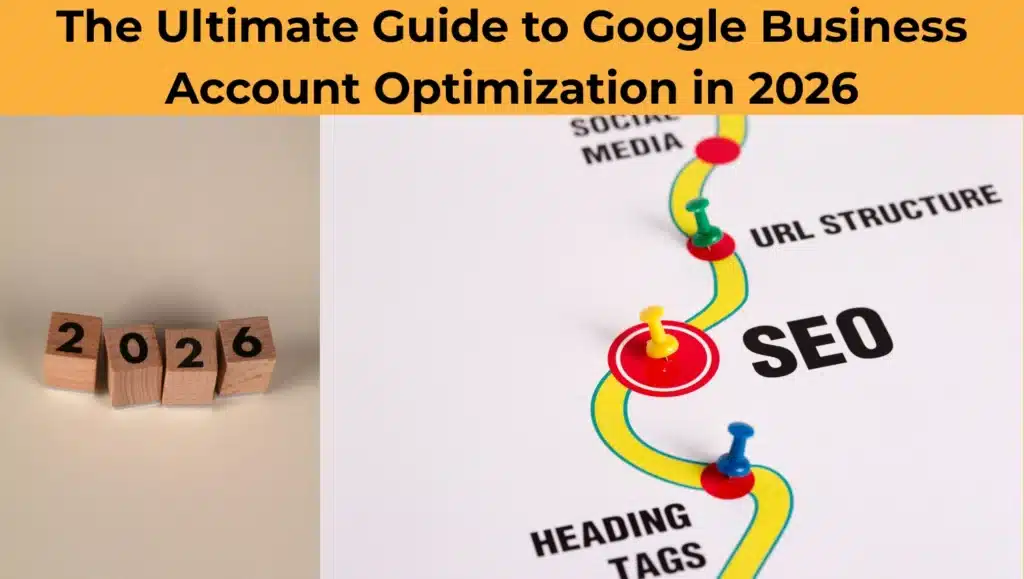Unlock the power of blogging for better SEO!
Blogging is one of the most effective ways to enhance SEO and improve your website’s visibility. Regularly updated, keyword-optimized blogs can increase your website’s relevance and authority, leading to higher search engine rankings. But how exactly does blogging boost SEO, and what strategies can help you achieve the best results? Let’s dive into the connection between blogging and SEO success.
The SEO and Blogging Connection
The relationship between blogging and SEO is pivotal to any successful digital marketing strategy. By strategically choosing and optimizing blog topics, businesses can target specific keywords, improve website visibility, and rank higher on search engine results pages (SERPs).
Search engines prioritize websites that frequently publish fresh, relevant content. Regular blogging provides an opportunity to incorporate targeted keywords naturally, making it easier for potential customers to find your website. For example, blogs can focus on long-tail keywords that address specific queries from your audience, improving your chances of ranking for those terms.
Additionally, blogging can serve multiple purposes. Businesses can use blogs to:
- Announce new products and services
- Answer frequently asked questions (FAQs)
- Share industry news or insights
These activities not only engage your audience but also position your business as an authoritative source of information. When users interact with your content—by reading, sharing, or commenting on blog posts—it signals to search engines that your website is active and valuable to users.
One of the biggest benefits of blogging for SEO is its potential to attract backlinks. High-quality blog content is more likely to be shared by others, earning backlinks from reputable websites. Backlinks are a key ranking factor, as they demonstrate your site’s authority and trustworthiness. In short, a well-executed blogging strategy can significantly enhance your SEO efforts.
How Blogging Directly Impacts SEO
Blogging directly impacts SEO in several measurable ways. Here are some of the most significant benefits:
1. Increased Organic Traffic
Publishing regular blog posts allows you to attract more organic visitors to your website. The more traffic your site receives, the better its overall visibility. Organic traffic also tends to convert at a higher rate than paid advertising, making it an essential component of any SEO strategy.
2. Keyword Optimization
Blogs provide an excellent platform to target a wide range of keywords, including long-tail and niche keywords that might be difficult to incorporate into your main website pages. For example, a blog post can answer specific customer questions, such as “Does blogging boost SEO?” or “How does blogging improve search engine rankings?” This targeted approach helps you rank for a broader spectrum of search terms.
3. Enhanced Content Structure
Blogging improves your website’s internal linking structure. By linking blog posts to related pages or other blogs, you create a web of interconnected content. This helps search engines crawl your site more efficiently and improves your overall site architecture.
4. Backlink Opportunities
Informative, well-written blogs are more likely to attract backlinks from other websites. These backlinks not only drive referral traffic but also boost your domain authority, a critical factor in SEO rankings.
5. Targeting Local SEO
If you’re a local business, blogging can help you target location-specific keywords and reach a more relevant audience. For example, writing blogs that address topics like “The best SEO strategies for small businesses in [Your City]” can enhance your local search visibility.
Let us help you unlock the full potential of blogging for SEO!
How Blogging Indirectly Impacts SEO
Blogging also has indirect benefits that contribute to your site’s SEO performance over time. These include:
1. Building Expertise, Authority, and Trust (E-A-T)
Search engines prioritize websites that demonstrate expertise, authority, and trustworthiness. Blogging is an excellent way to establish E-A-T by sharing in-depth insights, actionable tips, and industry expertise. For example, publishing a blog titled “The Truth About Blogging for SEO” positions your business as a knowledgeable resource in your field.
2. Providing Fresh Content
Search engines favor websites that regularly update their content. A frequently updated blog signals to search algorithms that your site is active and relevant, which can boost your rankings.
3. Improved User Engagement
Engaging blog posts encourage visitors to stay on your site longer, reducing your bounce rate and increasing time on site—both important metrics for SEO. Additionally, blogs that are shared on social media can attract new visitors and improve brand visibility.
The Right Way to Blog for SEO
To ensure your blogging efforts are effective, follow these best practices:
1. Conduct Keyword Research
Start by identifying keywords that your target audience is searching for. Use tools like Google Keyword Planner or SEMrush to find high-volume, low-competition keywords. Incorporate these naturally into your blog titles, headings, and body content.
2. Create High-Quality Content
Your blog posts should provide value to your audience. Focus on answering questions, solving problems, or providing actionable advice. Avoid keyword stuffing and prioritize readability.
3. Optimize On-Page Elements
Use SEO best practices to optimize your blog posts. This includes:
- Writing compelling meta titles and descriptions
- Using header tags (H1, H2, H3) to structure your content
- Adding alt text to images
- Including internal and external links
4. Promote Your Blog
Sharing your blog posts on social media and in email newsletters can drive traffic and increase engagement. Encourage readers to share your content to expand your reach.
5. Measure Performance
Track the success of your blogging strategy using tools like Google Analytics. Monitor organic traffic, bounce rate, and keyword rankings to evaluate your efforts and make improvements.
Common Blogging Mistakes to Avoid
While blogging is a powerful tool for SEO, there are some common mistakes to avoid:
- Duplicate Content: Ensure all blog posts are original and not copied from other sources.
- Inconsistent Posting: Regularly update your blog to maintain momentum.
- Ignoring Mobile Optimization: Make sure your blog is mobile-friendly for all users.
Measuring the Success of Your Blog’s SEO
To determine whether your blogging efforts are paying off, track the following key performance indicators (KPIs):
- Organic Traffic: How many visitors are finding your blog through search engines?
- Keyword Rankings: Are your target keywords improving in rank?
- Backlinks: Are your blogs earning links from authoritative websites?
- Engagement Metrics: How long are visitors staying on your blog, and are they interacting with your content?
Conclusion: Does Blogging Boost SEO?
The answer is a resounding yes. Blogging is a cornerstone of any effective SEO strategy, offering both direct and indirect benefits. By targeting relevant keywords, creating high-quality content, and optimizing on-page elements, your blog can drive organic traffic, enhance your website’s authority, and ultimately improve search engine rankings.




